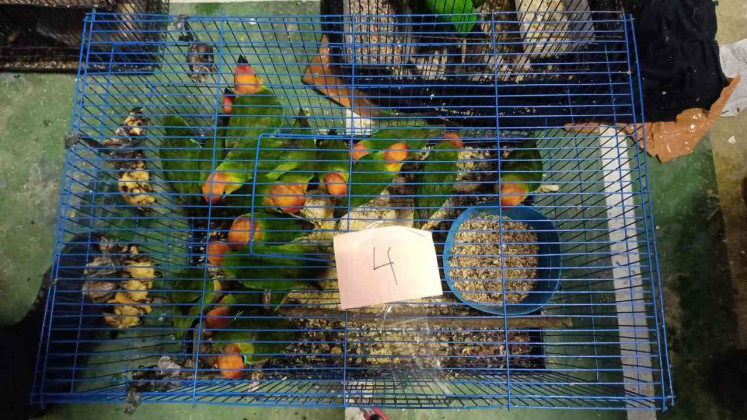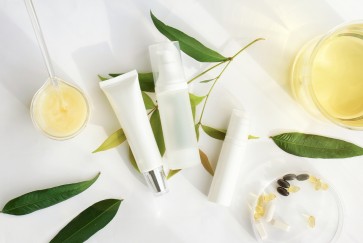Popular Reads
Top Results
Can't find what you're looking for?
View all search resultsPopular Reads
Top Results
Can't find what you're looking for?
View all search resultsDrug regulator cracks down on illegal prescription skincare products
The Food and Drug Monitoring Agency (BPOM) is scaling up efforts to clamp down on the illicit trade of prescription skincare products amid growing concerns from the public about the impact on health.
Change text size
Gift Premium Articles
to Anyone
T
he Food and Drug Monitoring Agency (BPOM) is scaling up its efforts to clamp down on the illicit trade of prescription skincare products amid growing concerns from the public about the impact on health.
The BPOM temporarily closed down a factory in Bandung, West Java, over the weekend on suspicion of mass producing illegal prescription skincare.
Spokesperson for the drug regulator Eka Rosmalasari said the factory had “repeatedly and systemically violated” prevailing health regulations and that the incidents possibly affected the safety of their products.
"We have banned the factory from producing any products for the next 30 working days and have asked them to impose corrective actions,” Eka said over the weekend as reported by Kompas.com.
“We’re also investigating deeper into the factory operations to find possible criminal violations,” she added.
Unlike over-the-counter beauty products, prescription skincare is a personalized skin treatment typically containing strong, active ingredients such as tretinoin, hydroquinone or corticosteroids that must be prescribed by dermatologists to ensure the right dosage and minimize the risk of adverse side effects.
It is often referred to as “blue label” skincare because its prescription label is blue, just like any other prescription topical medication.


















